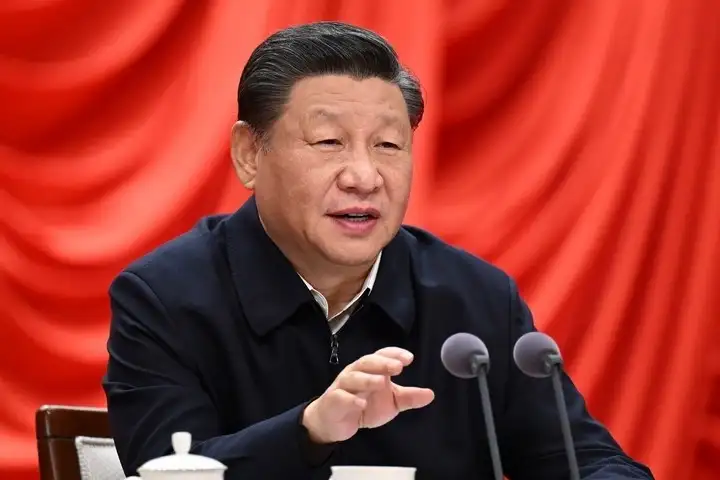Will China, which has been one of the first countries to offer an emergency aid of $31 million to Afghanistan help in rebuilding the war-torn nation? Most experts believe that though Beijing has promised to help Afghanistan, it is unlikely to make any major investments in the country that would have any real impact in lifting the shattered economy.
“China is more cautious than you might think,” former acting governor of the Da Afghanistan Bank—the country’s Central Bank, told American think tank-Atlantic Council a few days ago.
Also read: Chinese consulate attacked in Rio, Beijing condemns "violent incident"
China with its multi billion investments in the Belt and Road Initiative (BRI) needs a steady and stable political environment to invest.
In fact, as a minister of commerce, when Ahmady attended a conference on the ongoing BRI in 2019 – 2020, he found his Chinese interlocutors were hesitant to build on their existing investments in Afghanistan.
The former Central Bank governor said that he would expect that same framework to apply now. “Perhaps they’ll make promises to invest large amounts—but the actual implementation of those, I think, is a long time coming,” the Atlantic Council quoted Ahmady as saying.
That apart, even if China, which said that it respects the “sovereignty” and “independence” of Afghanistan, decides to make investments in the country at some point, these would take a long to fructify.
Ahmady said that though there have been reports on Beijing’s increased interest in Afghanistan’s large mineral reserves, this would mean ‘a multi-year investment process’ that are long term in nature and would do little to boost the Afghan economy in the short-term.
After storming into power following the withdrawal of the US troops, the Taliban, left with almost no financial resources to run the country, have sought China’s help in the rebuilding process.
Also read: Why China’s engagement with Taliban is a Threat rather than an Opportunity
Speaking to India Narrative, Shakti Sinha former bureaucrat and director at Atal Bihari Vajpayee Institute of Policy Research and International Studies, said that China will be unable to provide any substantial assistance to Afghanistan in its rebuilding process. “It is beyond China. Beijing is not in any position to help Afghanistan in any significant manner,” Sinha said.
Challenges that Afghanistan pose for China and other countries
Widespread corruption and cartel problems with multiple warlords and power brokers have dominated the Afghanistan politico-economic landscape. That apart with the Taliban’s return to power, the country is hit by a massive political and social upheaval. Insiders said that while the Chinese Embassy continues to function, many Chinese have left the country.
Ma Haiyun, an associate professor of history at Frostburg State University in the US, told South China Morning Post that it is ill-equipped to deal with Afghanistan’s fractured society because it lacked a network on the ground. Interestingly, he noted that China’s suppression of the Uygur Muslim population in its far-western region of Xinjiang region, bordering Afghanistan, has been a missed opportunity. The Chinese could have actually leveraged the Uyghur community in expanding its network in Central Asia.
China destroyed a resource that it could have used to expand its influence into Central Asia,” Ma has been quoted as saying by the news organisation.
Also read: Why China’s move to support the Taliban in Afghanistan will backfire
In the last few months, Beijing has come under the global scanner for its treatment of the Uyghur Muslims and gross violation of human rights. It is no secret that China’s concerns have risen with the withdrawal of the US troops militants as this could trigger several terror outfits to stage attacks. The Islamic State in Iraq and the Levant-Khorasan (ISIL-K) and Uyghur Eastern Turkestan Islamic Movement (ETIM) – a Uyghur militant group – have been expanding their network in the country.
While China is keen on expanding the $60 billion China-Pakistan Economic Corridor to Afghanistan, security concerns remain predominant. China has already slowed down its investments into the CPEC, especially as it has been hit by delays, corruption and security issues.
Given this situation, China will not venture into Afghanistan any time soon.
“Chinese companies have also been eyeing Afghanistan’s vast copper and lithium mines, but experts say the perilous security situation means any immediate commodities rush by investors is unlikely,” another SCMP report said, perhaps aptly summing up Beijing’s likely Afghanistan policy.




















